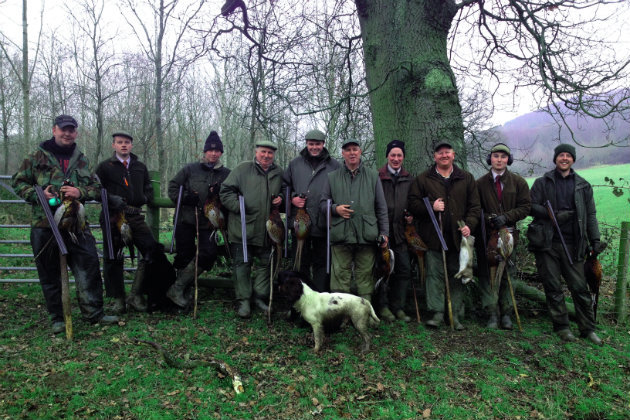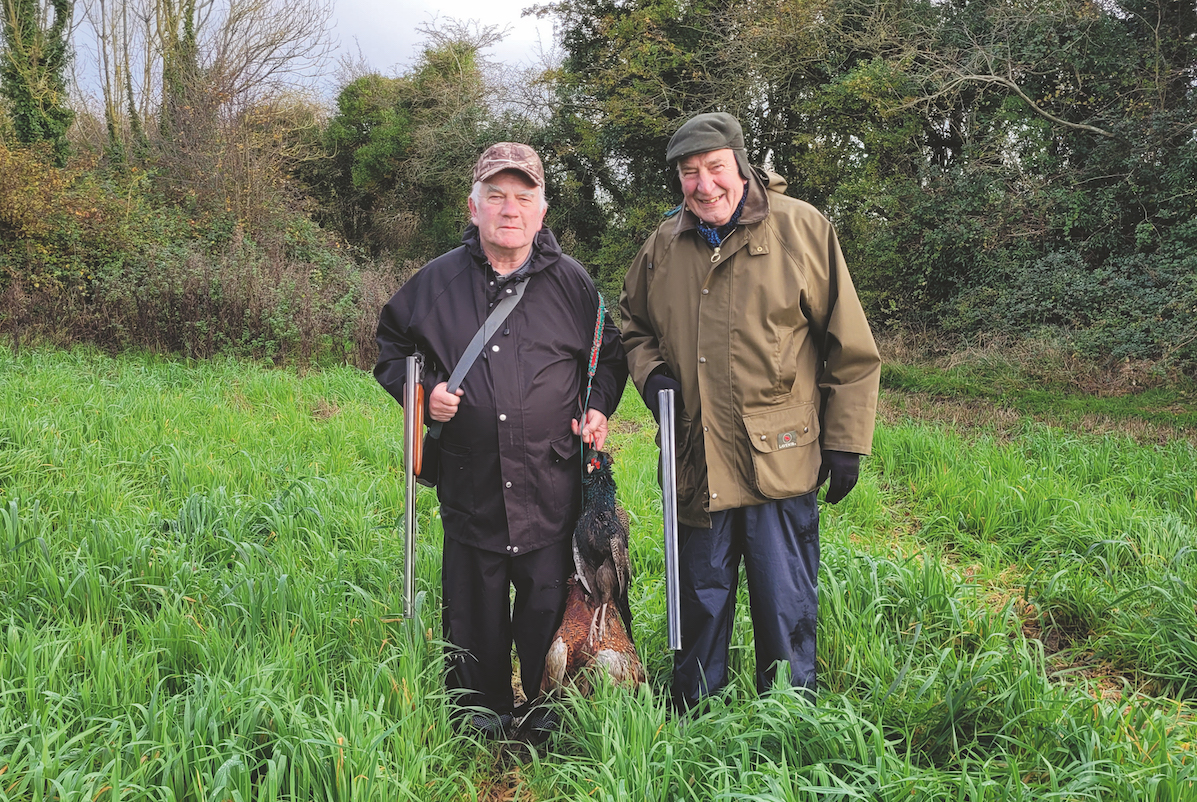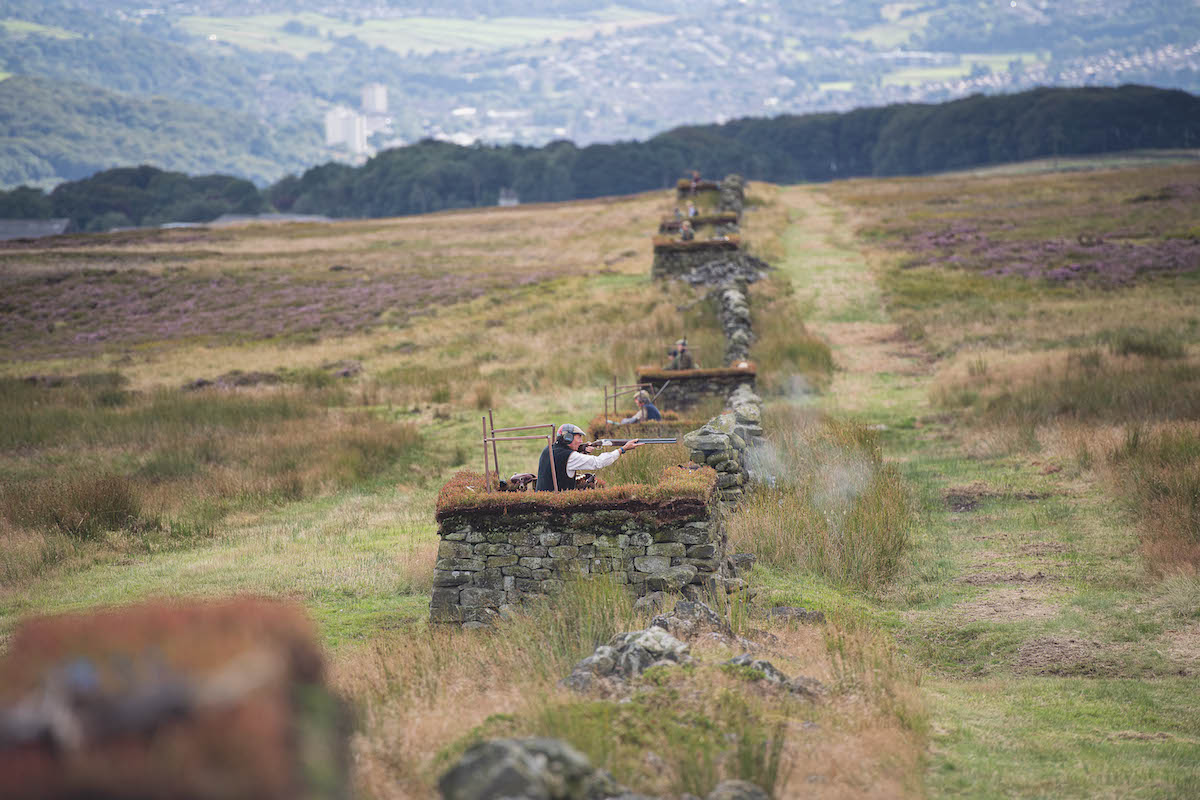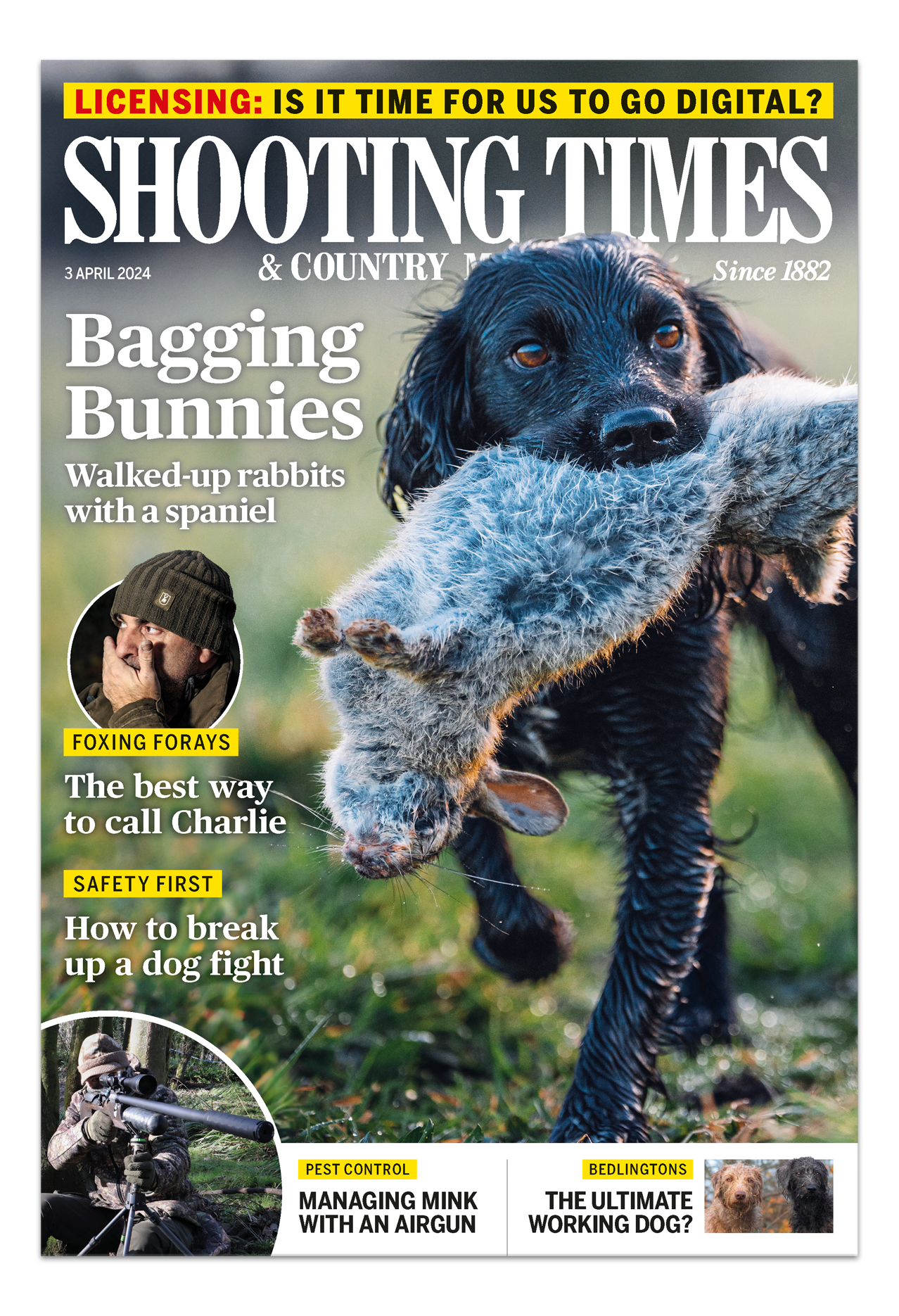Beaters’ days at the end of the season
Beaters' or keepers' days offer a great opportunity for those who don't usually get to shoot, but this year, more than ever, there is a compelling reason for cocks-only days

Beaters' days are great fun but they do take some organising to make sure everyone gets the opportunity to shoot
The end of the season brings the long-awaited beaters’ days. Traditionally, it was the day that the estate owner gave to his gamekeeper to invite his friends along to shoot. It has changed over the years and the keepers’ day is now more often referred to as the beaters’ day.
An important day for everyone
I still invite a few friends but the bulk of our Guns are our beaters. It is an important day for everyone and, for many of our beaters, it is the only time they ever get to shoot at pheasants.
They are good, fun days but, my word, they take some organising. We run ours on a beat-one, stand-one basis, with everyone split into two teams, including my guests. The dog men and the more experienced Shots are evenly spread between the two teams. Likewise, the youngsters — they always have a more experienced Shot (who isn’t shooting) with them, and we don’t let them shoot in the line when it is their turn to beat.
Shooting on a peg with someone pointing things out to them is a lot easier and far safer than expecting an excited, inexperienced Shot to make decisions about arcs of fire in the middle of a wood or gamecrop. Novice Shots are encouraged to have a go, even if it is just for a shot or two. We have the luxury of a qualified clay coach in the beating team who is very happy to show them what to do when he is not shooting.
Bagging that wily old pheasant
I’m happy for the more experienced Shots to shoot cocks going back when they are beating, and some of them prefer shooting in the line over their own dogs to standing on a peg. Not only are the birds a bit easier, but there is also something quite satisfying in shooting a big old cock pheasant that has spent most of the season flying back over your head when you’ve been trying to push it forward.
We don’t shoot woodcock on our keepers’ days. This is not because we don’t have many or because we don’t want them shot, but simply because of their unpredictable flight and the way that shots taken at them, no matter how safe, can sometimes be thought unsafe by the other Guns. It is all a matter of perception and a safe shot viewed from a different angle can easily appear to be an unsafe one. The last thing I want is the Guns falling out among themselves.
Which team shoots first?
The same applies to foxes and ground game. Tempting though it might be, we don’t shoot foxes on the keepers’ days. There are people and dogs everywhere and it is far easier to say no at the beginning of the day, when I issue instructions and we toss a coin to decide which team shoots first, than it is to sort out problems or arguments about unsafe shooting later on.
I place the Guns and try to get the more experienced and better Shots under the more challenging birds and place those with less experience in places where they are more likely to connect. Another advantage of placing the Guns is that it lets me see who’s getting the shooting, which allows me to adjust the placings accordingly for the next drive to even it out.
We always shoot “cocks only”, because we have our own laying flock. I wonder if more shoots will have done the same this year because of the problems in France with avian influenza and the potential knock-on effects it could have on the UK game-rearing industry.
Effects of a poultry ban
At the time of writing, there are no restrictions in place, but if the UK Government does decide to ban poultry imports from France to help protect our poultry industry from avian flu, the ban will almost definitely include pheasants and partridges and their eggs and chicks.
Currently about 20 per cent of the UK’s gamebirds (eggs, chicks and poults) come from abroad and, while they don’t all come from France, a very high percentage of them does.
If the UK gamefarming industry isn’t geared up to produce these extra birds, and it doesn’t have enough over-wintered birds to produce sufficient eggs, we could be in big trouble. Which is why hen birds could be at a premium. If there were ever a year when it made sense to hatch and rear your own, or at the very least buy local, this is it.
Only time will tell how things pan out. There might be no import ban, no restrictions and no bird flu in France come mid-March, when the first of the imported eggs start to come over. But we could find ourselves in a bit of bother.








